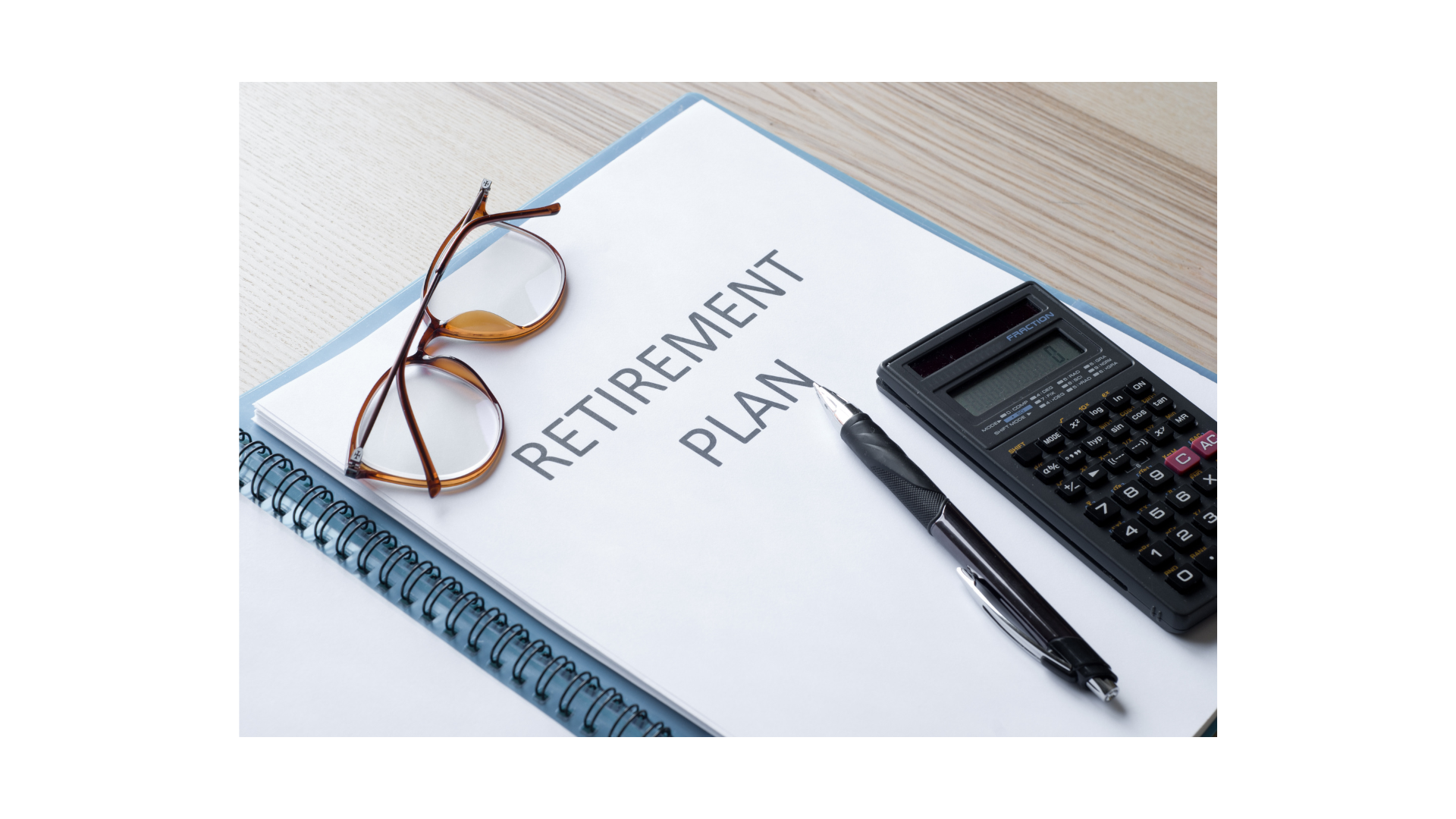The Behavior Gap and Your Financial Health
How might the behavior gap affect you?
“It turns out my job was not to find great investments but to help create great investors,” writes Carl Richards, author of “The Behavior Gap.” From increasing our budget mindfulness to taking a steadier approach to investing, Richards has drawn attention to how our unexamined behaviors and emotions can be to our detriment when it comes to living a happy and financially sound life. In many cases, we make poor financial decisions when experiencing panic or anxiety due to personal or widespread events. 1
The Behavior Gap Explained. Coined by Richards, “the behavior gap” refers to the difference between a wise financial decision versus what we decide to do. Many people miss out on higher returns because of emotionally driven decisions, creating a behavior gap between their lower returns and what they could have earned.
Excitement When Stocks Are High. Whether in a bull market or witnessing the hype from a product release, many investors may feel tempted to increase their risks or attempt to gain from emerging investments when stocks are high. This can lead to investors constantly readjusting their portfolios as the market experiences upswings.
Fear When Stocks Are Low. In response to market volatility, investors may feel the need to choose more secure investments and avoid uncertain or seemingly unsafe investments. When stocks are low, a typical response may be to sell and effectively miss out on potential long-term gains.
Short-Term Anxiety and Focus. As humans, viewing aspects of our lives through the lenses of current circumstances is normal. However, one emotional response to any event is letting the moment consume us. Many may find it difficult to think long-term and remember. However, making a rash decision can inhibit the long-term benefit of maintaining a balanced perspective without reactionary behavior.
The market can go up or down at any given point, or it can remain the same. One thing we can control is how we handle our financial strategy. Remembering the likelihood of recovery over time — and the market’s nearly inevitable up-and-down movement — can provide a more logical angle to calm the nerves.
If you’re experiencing financial anxiety in response to the markets, take a breath and remember the potential for long-term gains. Of course, you can and should always reach out to your financial professional for further clarification.
This material was prepared by MarketingPro, Inc., and does not necessarily represent the views of the presenting party, nor their affiliates. This information has been derived from sources believed to be accurate. Please note - investing involves risk, and past performance is no guarantee of future results. The publisher is not engaged in rendering legal, accounting or other professional services. If assistance is needed, the reader is advised to engage the services of a competent professional. This information should not be construed as investment, tax or legal advice and may not be relied on for the purpose of avoiding any Federal tax penalty. This is neither a solicitation nor recommendation to purchase or sell any investment or insurance product or service, and should not be relied upon as such. All indices are unmanaged and are not illustrative of any particular investment.
Securities offered through LPL Financial. Member FINRA/SIPC. Investment advisory services offered through AssuredPartners Financial Advisors, a registered investment advisor. AssuredPartners Financial Advisors and LPL Financial are separate non-affiliated entities.
Citations
1. BehaviorGap.com, May 16, 2022


Iowa
4200 University Avenue, Suite 200
West Des Moines, IA 50266
800-677-1529
Securities offered through LPL Financial, Member FINRA/SIPC. Investment advisory services offered through Global Retirement Partners, LLC dba AssuredPartners Financial Advisors, an SEC registered investment advisor. AssuredPartners Financial Advisors and LPL Financial are separate non-affiliated entities.
GRP Advisor Alliance is an independent network of retirement plan focused advisors. GRP Advisor Alliance is not affiliated with or endorsed by LPL Financial.
The financial professionals associated with LPL Financial may discuss and/or transact business only with residents of the states in which they are properly registered or licensed. No offers may be made or accepted from any resident of any other state.









